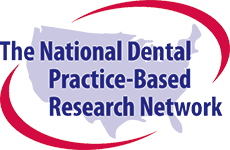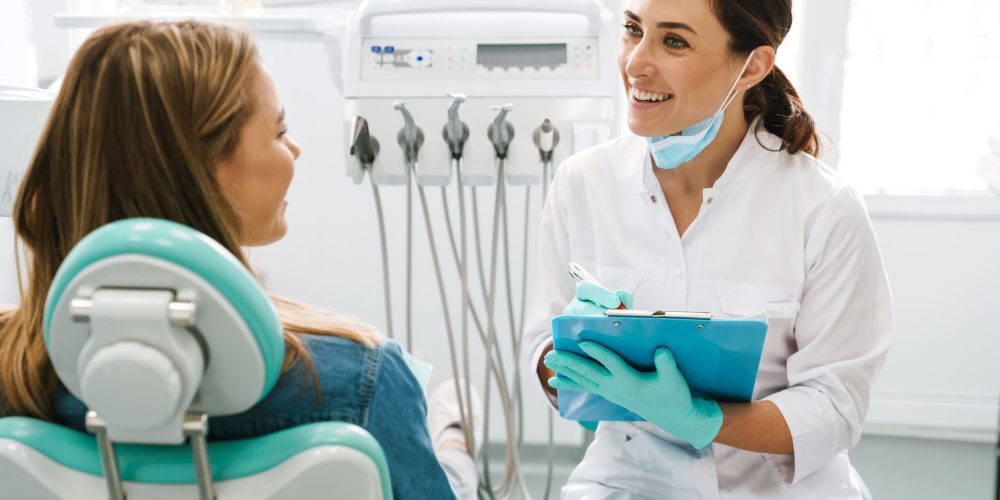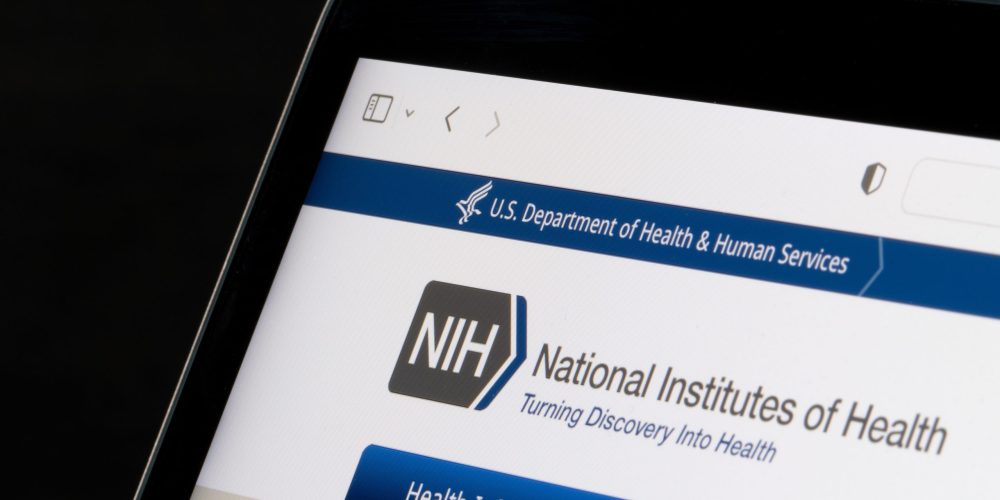Our latest Quick Poll results Participants shows Network dentists are driven by their dedication to improving patient care and keeping up with the latest clinical advancements. However, they face challenges such as time constraints and difficulties with patient recruitment.
Cracked Tooth Registry Study

From the Cracked Tooth Registry Study, about 80% of teeth recommended at baseline for monitoring (instead of treatment) continued with a monitoring recommendation throughout the entire three years of the study. The survival rate for teeth with cracks exceeded 98%, and the failure rate for teeth that were treated restoratively was only 14%. Treatment failures were associated with intracoronal restorations (vs. full or partial coverage). As demonstrated by this publication and seven other network publications from this study, the bottom line is that dentists are quite good at evaluating patient-level, tooth-level, and crack-level characteristics to determine which teeth warrant treatment.
The network finished its series of articles from the Anterior Open Bite Study. The latest one had to do with treatment stability and patient satisfaction, finding that both were high, regardless of treatment or retainer modality.
The network’s most-recent publication from the study of non-surgical root canal therapy reported that pre-operative anesthesia failure ranged from 5% to 30%, depending on how failure is defined. Specific provider-level, patient-level, and tooth-level factors were significantly associated with failures.
Interested in Becoming a Member?



